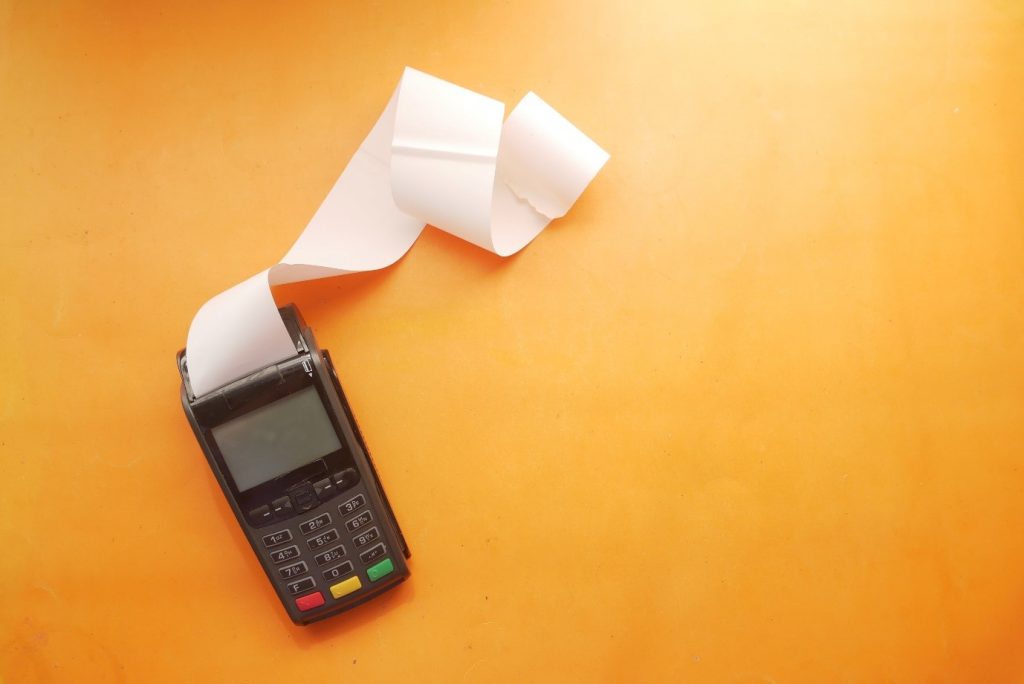Stick to a Budget
If you haven’t yet, you should create and stick to a budget for all your expenses. With a budget, you’ll be aware of what money comes in and out of your wallet. And when you’re seeing the bigger picture, it’s easier to avoid those enticing and unnecessary spending.
Although you can spend money on things you want from time to time, you should put your essential needs first. This includes food, shelter, basic clothing, transportation, and utilities.
Our biggest budgeting tip is to allow for a small amount of extra spending each month, whether it’s an unexpected bill or you want to treat yourself to a new outfit. If your budget is too restrictive it will be harder to stick to.
Keep Track of your Income
Keep track of when your income comes in and how much. You can work out an average amount if you don’t have a regular income. This income could be from your wages, government benefit, pension, or investments.
Make a list, which may include:
- how much
- how often — weekly, fortnightly, monthly or annually
- where does it come from
Control your Expenses
If your cash always disappears fast, it’s time to take control. Write down your monthly expenses or review your bank statements to see what you usually buy, then add them up.
Here are some types of personal expenses.
Regular expenses:
- food and groceries
- rent
- electricity
- gas
- phone bills
- mortgage payments
- medical costs and insurance
- transportation
Unexpected expenses:
- car repairs
- medical bills
- vet bills
Set a Spending Limit
After your expenses, the money that’s left is for your spending and saving. Your spending money is for your wants, such as eating out, entertainment, and hobbies.
However, setting a spending limit is for your own advantage and offers long term benefits. You can start by asking your bank to set a limit on your account. Decide on what you want to do with your spending money to keep within your limit.
Stop Impulse Buying
Impulse buying is an unplanned purchase of products or services. When you learn how to stop impulse buying and its negative effects, it will allow you to stick to your budget and stay on the right track.
How to Stop Buying Impulsively
Stopping a bad habit is all about taking away various means used to make impulsive purchases. You can take some simple steps to stop the dangerous habit of impulse buying, such as:
- make a list when shopping
- carry cash only
- less time for online window shopping
- ask advice and support from family and friends.
Negative Effects of Impulse Buying
The most obvious negative effects of impulse buying are:
- higher chance of not being able to pay bills etc
- it can have a bad effect on your mental health
- accumulating debts
Disclaimer: Please be aware that Cigno Loans’ articles do not replace advice from an accountant or financial advisor. All information provided is intended to be used as a guide only, as it does not take into account your personal financial situation or needs. If you require assistance, it is recommended that you consult a licensed financial or tax advisor.
If you liked our “How To Avoid Unnecessary Spending”, check out our blog regularly to learn more on how to avoid unnecessary spending and how to budget properly.


